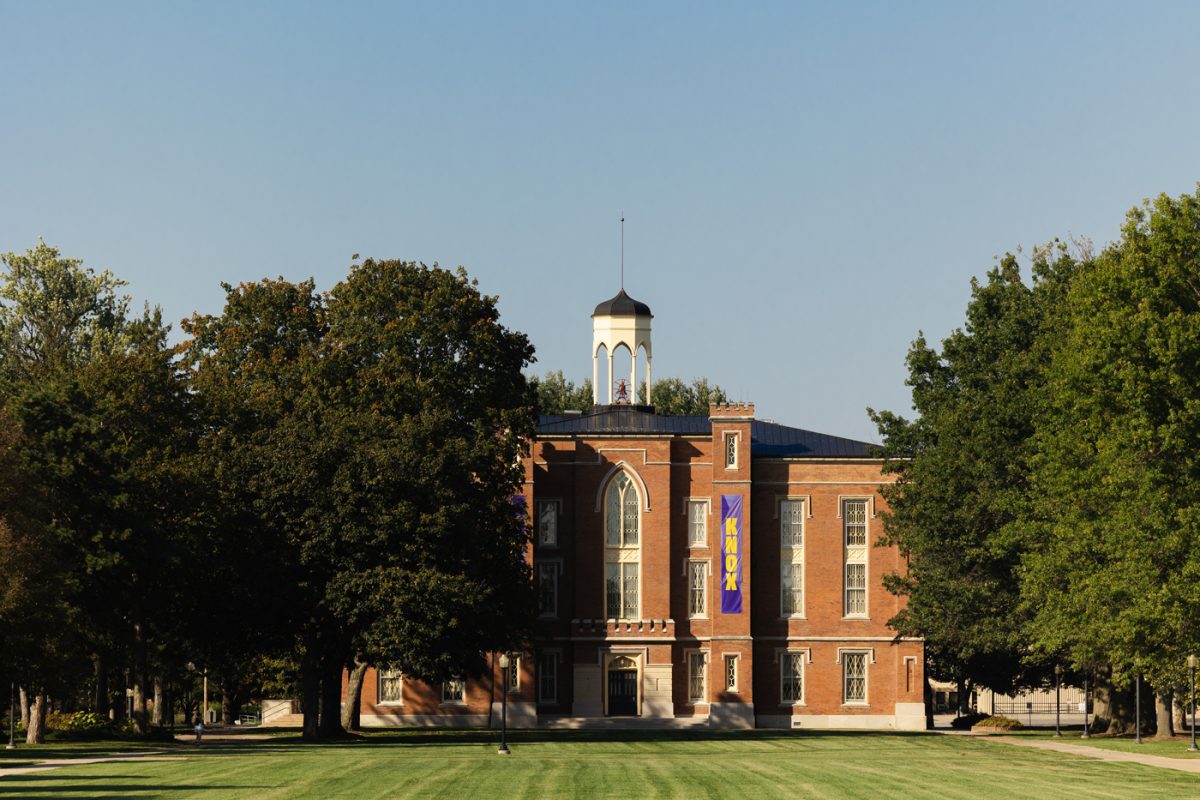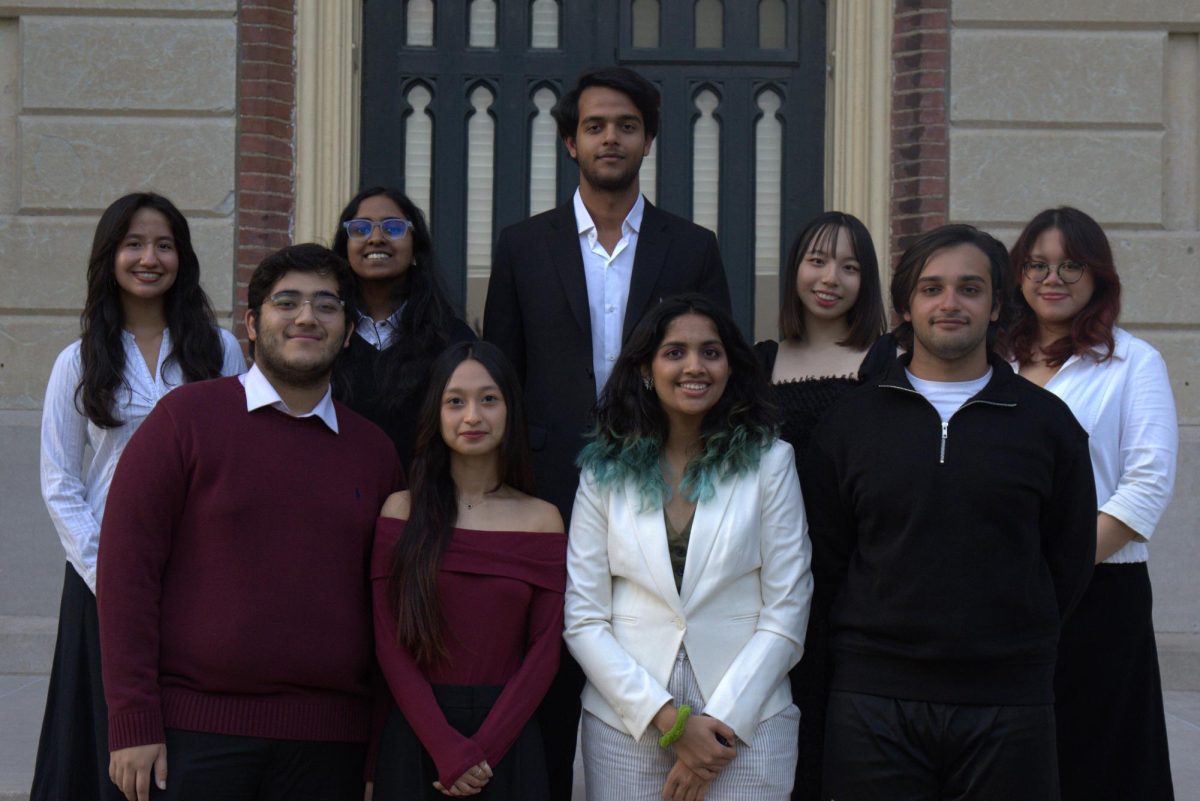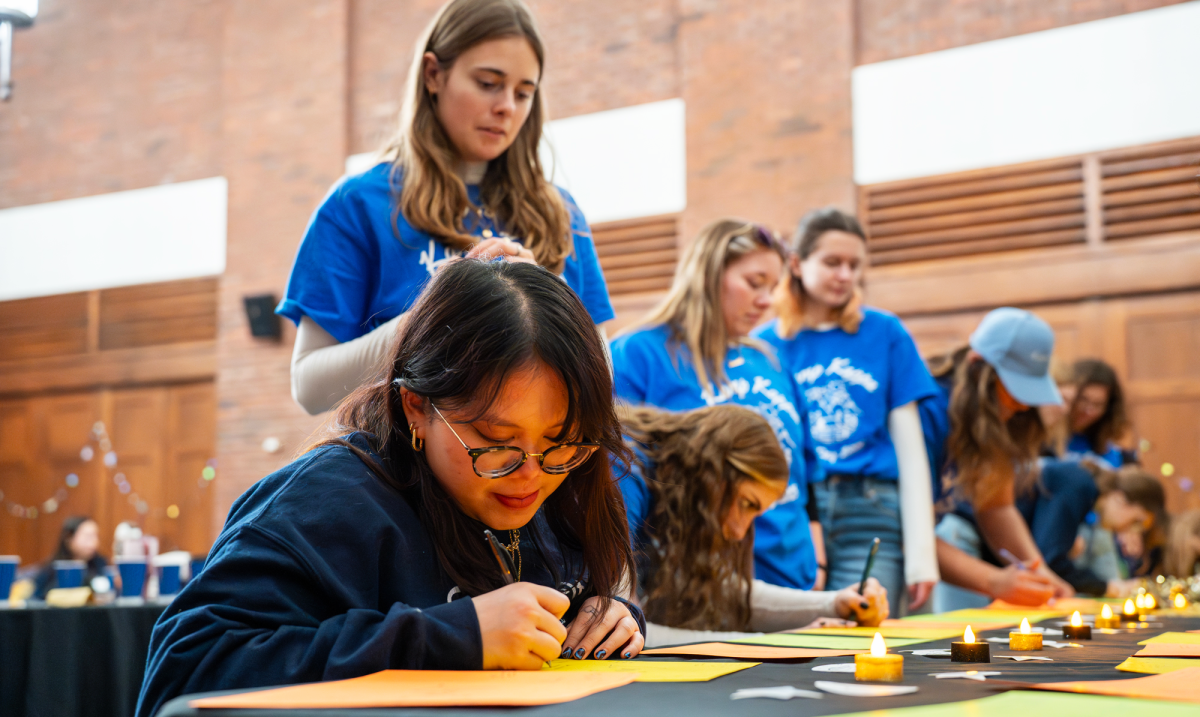128.5 million registered voters, equal to 40% of the total United States population exercised their right to vote in the 2024 elections of Pakistan. They were held on Feb. 8, 2024, a year later than the 5-year re-election timeline highlighted in the Constitution.
Pakistani students at Knox who are a part of the diaspora, such as sophomore Emaan Sajjad, have expressed concerns about the political climate back home.
“Considering the recent statistics of youngsters who left Pakistan for a better future is insane. Whatever decisions the current or future government will make has a huge impact on us,” Sajjad said.
The frail political landscape of Pakistan was made worse with the delayed election results, making the nation more polarized than it already was.
Historically, a coalition government of sorts has mostly governed Pakistan. While there is usually one party winning a simple majority, regional parties represent the ethnic minorities of the country and work in unison with the ruling party.
Even when a single party dominates the political scene and reportedly has all the power, it is a nationally acknowledged fact that the government’s decisions are highly influenced by the establishment.
“I think it’s just history repeating itself, our country (for as long as I can remember) has never been run by its people and has always been run by some kind of militia… The coalition government is a joke. Nobody will want to be run by a militia, people will die, people will be oppressed, people will be miserable. It’s in the history of Pakistan,” sophomore Abdullah Kashif said.
On election day, concerns were raised about suspension of cell phone signals by the government, as well as widespread allegations of election rigging.
These elections also followed the Supreme Court judgment to disallow former Prime Minister and founder of the Pakistan Tehreek e Insaaf (PTI), Imran Khan’s political party from using its electoral symbol, the cricket bat, following allegations of failure to hold intra-party polls. Khan was also arrested in 2023 for corruption charges, which led to an outbreak of protests across the country.
Police and the establishment have been accused of targeting Khan’s party to prevent him from winning the election.
“It is pretty obvious that the elections had outside influence. There was no real transparency or accountability. The elections were just a PR play to install a pseudo-selected regime. I won’t consider these elections as democratic, representative or in any way a reflection of the people’s will,” first-year Shuja Warraich said.
Based on data from 2023, Pakistan fell 11 ranks in the Word Democracy Index, from a hybrid regime to an authoritarian regime. The future remains uncertain and the two major parties, the centrist Pakistan Muslim League (PMLN) and Pakistan People’s Party (PPP) prepare to form a coalition government, as no party has enough seats in the Assembly. PTI-backed independent candidates garnered the largest number of seats, but not enough to form a government, as the party was not allowed by the Election Committee of Pakistan (ECP) to contest elections.
“I think there will be re-elections considering the public support Imran Khan has. I know he isn’t officially there but people still want him or someone from his party in power. I think the military will delay it for a long period of time but eventually they will have to,” Sajjad said, reflecting on what the future of the country may look like.
The legitimacy of the democratic system is under suspicion, and the lack of trust from the nation is setting up the government for failure before it even claims power, according to Pakistani students at Knox such as junior Salman Qureshi and senior Eleana Khan. Qureshi and Khan are in dismay, losing faith in dreams of the socio-economic revival of the nation with a new government.









